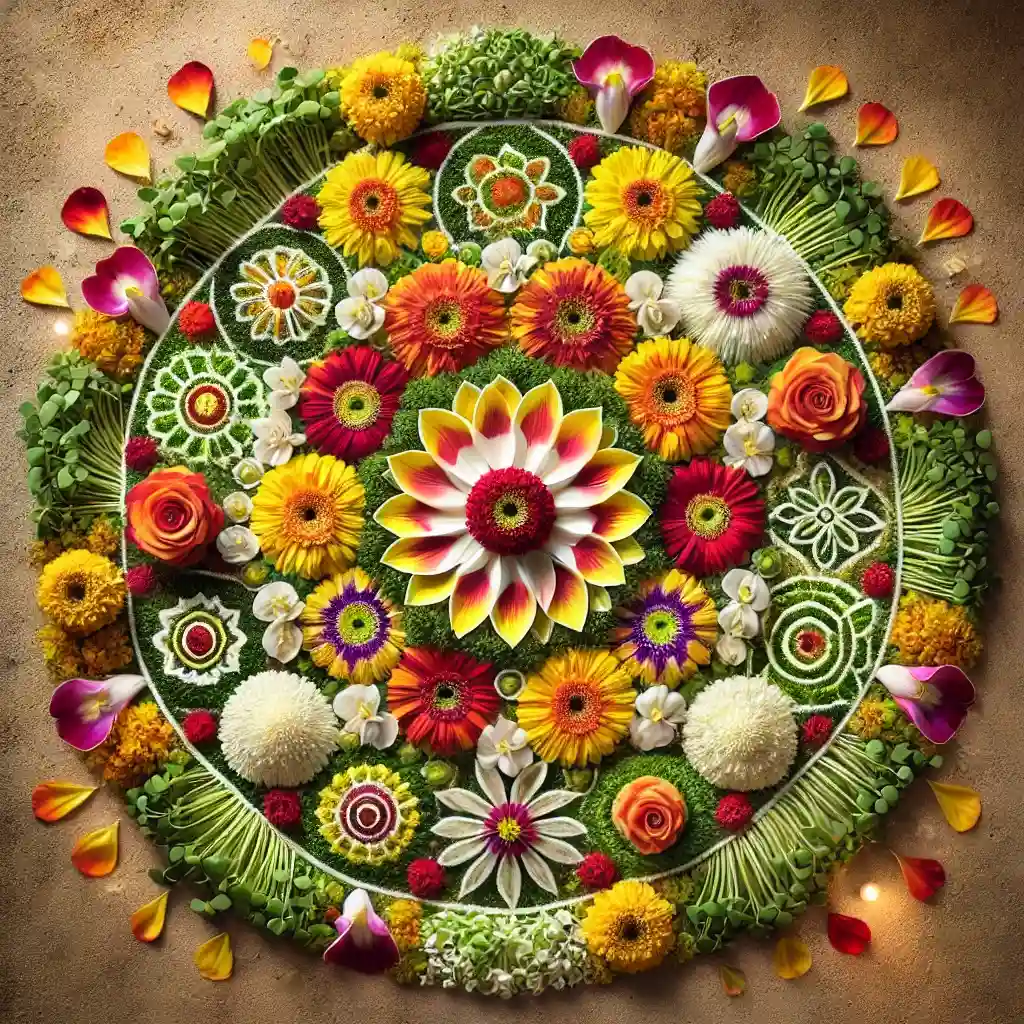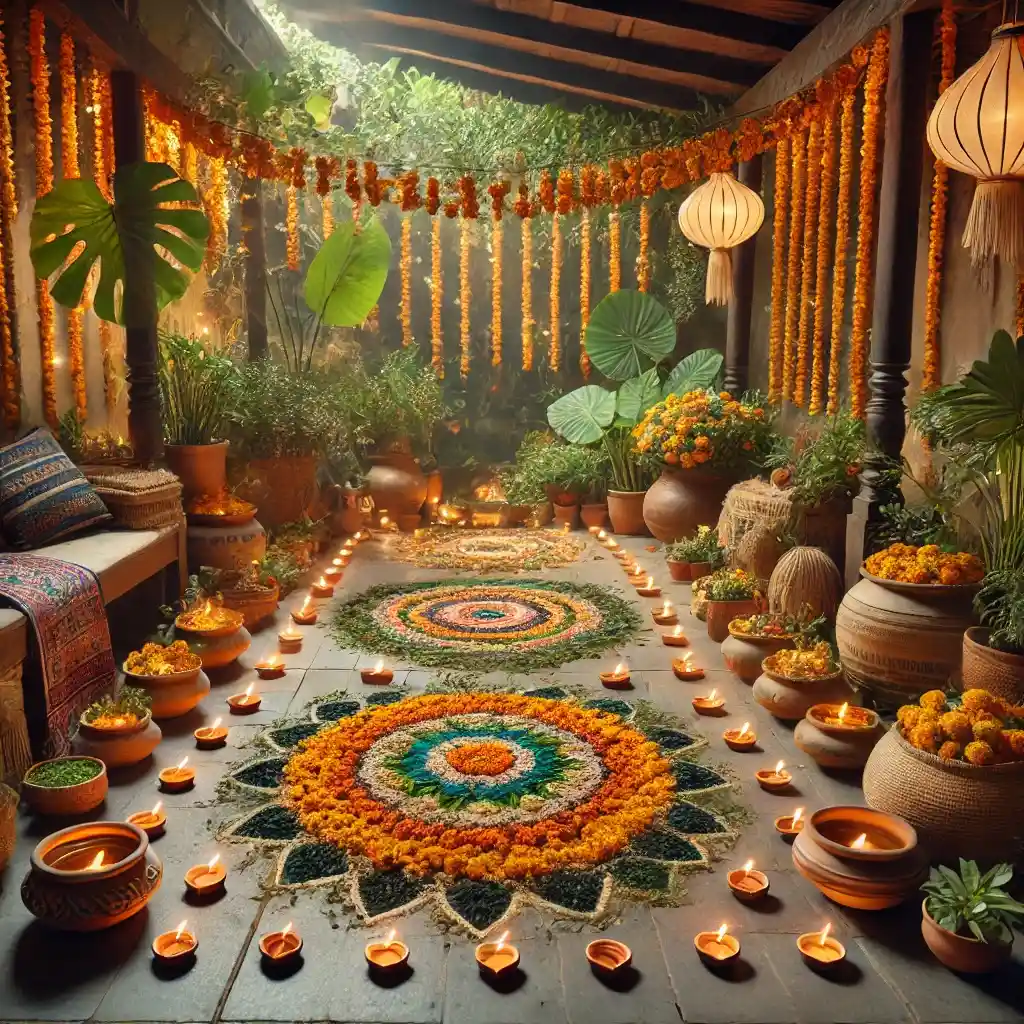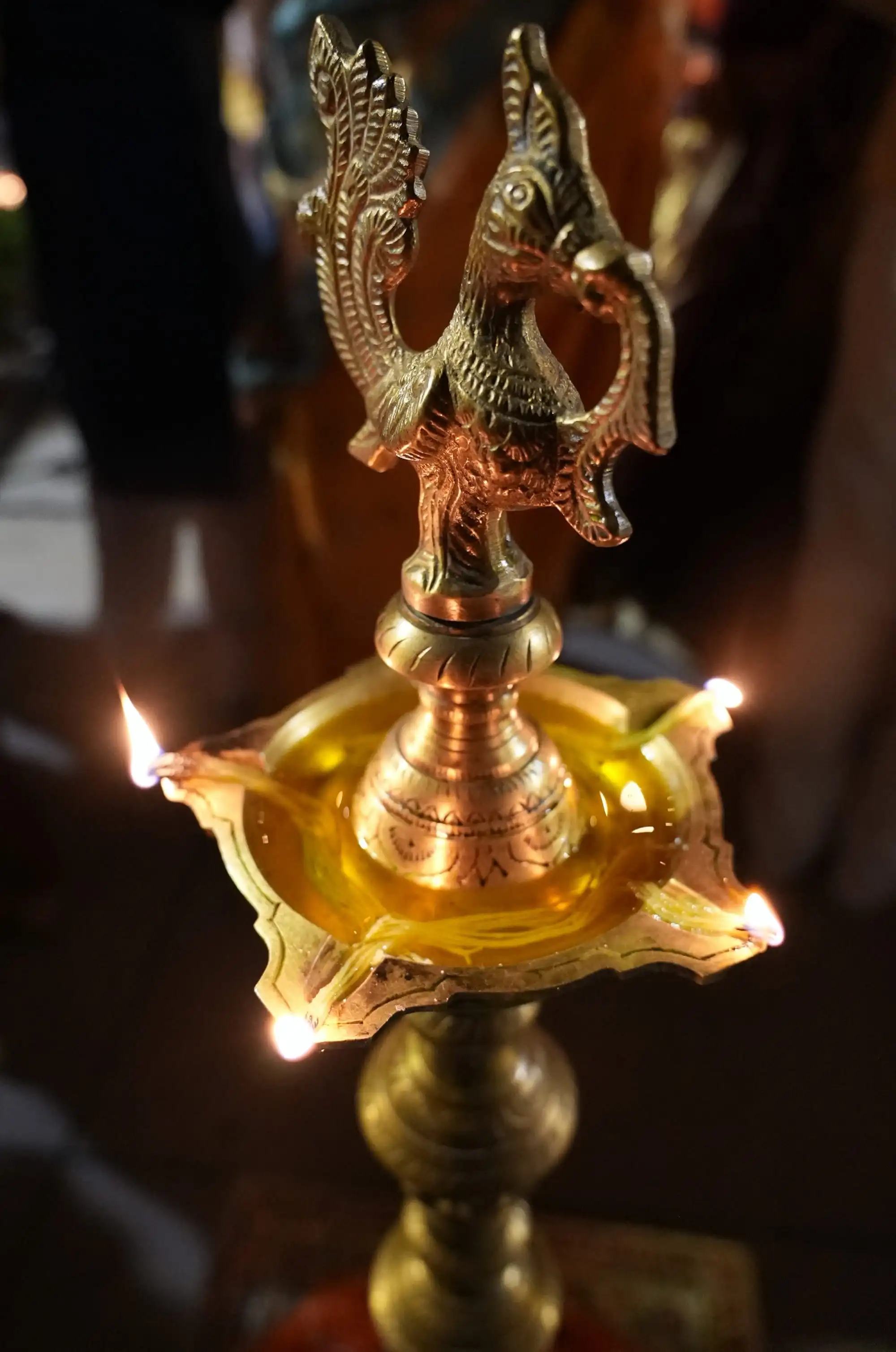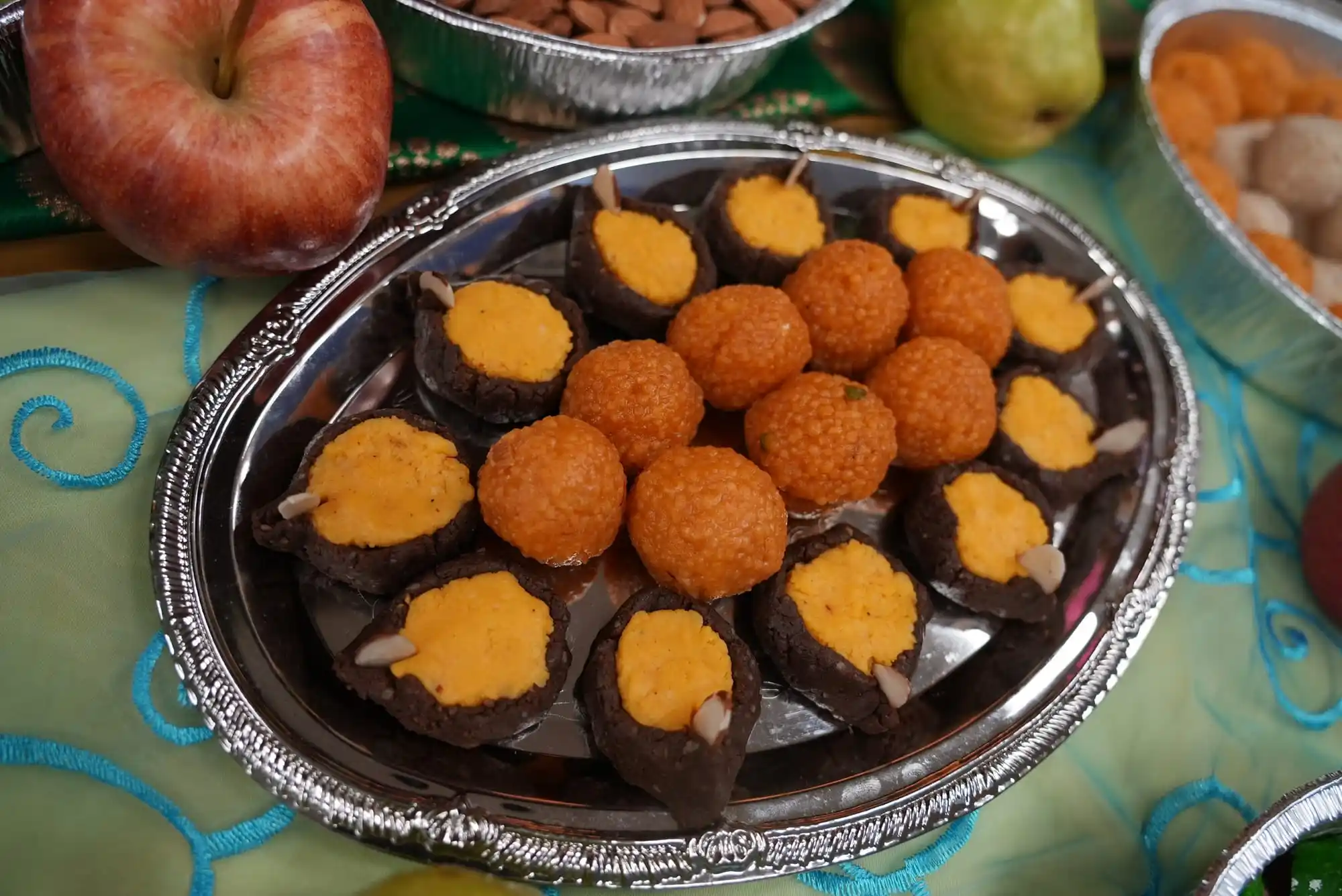Diwali, the festival of lights, is a celebration of the victory of good over evil. During this joyous festival, people celebrate by conducting Lakshmi pooja, praying together, performing service, bursting fireworks, exchanging gifts and sweets, decorating homes, lighting lamps, and making rangolis.
The celebrations, while joyous and vibrant, have a significant impact on the environment. The festival's customs have often led to increased pollution levels, affecting air quality, noise levels, and waste generation. Adopting eco-friendly alternatives by embracing silent fireworks, light shows, following principles of reducing, reusing and recycling, and raising awareness about the environmental consequences can help mitigate these issues and promote a greener Diwali.
The journey to a more sustainable Diwali encompasses various areas of the celebration. Multiple strategies to celebrate Diwali in an eco-friendly way are provided below. By embracing these changes, everyone can continue enjoying Diwali and take steps to protect the environment for future generations.
Eco-friendly Decorations and Rangoli
The festival of lights presents an opportunity to embrace eco-friendly practices while creating beautiful decorations. Sustainable decorations and rangoli designs reduce waste and promote environmental consciousness during Diwali celebrations.
Natural materials for rangoli
Rangolis can be made using natural and biodegradable materials as eco-friendly alternatives to synthetic colored powders. Traditional rangolis often use rice flour colored with natural pigments such as beetroot and sandalwood. This approach is practical as it has been known to keep insects and pests away from homes by attracting them to the rice flour. To create eco-friendly rangoli, celebrants can also use ingredients like salt, rice flour, sand, and spices. Turmeric can be used for yellow, vermilion for red, and food coloring for other hues. Additionally, flowers offer vibrant alternatives. Marigolds, known for their auspicious significance in Indian culture, can be used to craft stunning garlands and intricate rangoli patterns. These floral designs not only add a touch of natural beauty but also fill the air with a pleasant fragrance. Additionally, adding microgreens can bring fresh and living elements to the art.

Upcycled decorations
Repurposing household items for decorations is an excellent way to celebrate a green Diwali. Old photo frames, cushion covers, and clay plates can be transformed into beautiful decor pieces with a bit of creativity. For instance, cutting out paintings from old cushion covers and framing them can create unique wall art. Clay plates can be spray-painted and adorned with diyas (lamps) to make attractive centerpieces. These up cycling ideas not only save money but also reduce waste and storage space, and add a personal touch.
Plant-based decor
Incorporating plants into Diwali decorations adds a natural touch while improving air quality. Potted plants and seasonal flowers like marigolds can serve as stunning centerpieces or adornments around the house. Some plants, such as the Money Tree, are believed to bring prosperity and harmony, aligning with Diwali's spirit. Using natural stone planters with live plants instead of artificial ones can enhance the eco-friendly aspect of the décor. These green additions not only beautify the space but also contribute to a healthier environment during and after the festivities.

Eco-Friendly Lighting Alternatives
To celebrate a green Diwali, eco-friendly lighting alternatives offer a sustainable approach to illuminating homes and spaces during the festival. These options not only reduce environmental impact but also maintain the festive spirit with a unique charm.
Clay diyas
Traditional clay diyas remain a popular choice for eco-friendly Diwali celebrations. These handmade earthen lamps are biodegradable, contribute to a warm, inviting ambiance, and carry deep spiritual meaning. By opting for clay diyas instead of electric lights, individuals can reduce their carbon footprint while preserving cultural traditions. To enhance their eco-friendliness, one can use vegetable oils or ghee to light these diyas, further minimizing environmental harm.

Soy candles
Soy candles have gained popularity as an environmentally conscious alternative to traditional paraffin candles. Made from natural soybean wax, these candles burn cleaner and produce little to no soot. Soy wax is derived from a renewable resource, making it a more sustainable option. These candles also have a longer burn time, thus they last throughout the night during Diwali celebrations. Additionally, soy candles often come infused with natural essential oils, adding a pleasant fragrance without harmful chemicals.
Energy-efficient bulbs
LED string lights have become increasingly popular for Diwali decorations due to their energy efficiency and versatility. These lights consume significantly less electricity compared to traditional bulbs, resulting in lower energy bills and reduced carbon emissions. LED lights are available in various colors and designs, allowing for creative and eye-catching displays. Some LED string lights are even solar-powered, further enhancing their eco-friendly credentials.
Additional Green Practices for Diwali Festivities
Celebrating a green Diwali involves adopting eco-friendly practices that extend beyond lighting and decorations. By incorporating sustainable choices in gifting, food, and greetings, celebrants can significantly reduce their environmental impact during the festival.
Eco-friendly gifting
Sustainable gift hampers have gained popularity as a thoughtful way to celebrate Diwali while supporting environmental causes. These hampers often contain products that are sustainably sourced, organic, or made from recycled materials. Some eco-friendly gift options include plantable seed crackers, bamboo-less incense sticks, and terracotta diyas, which promote environmental consciousness while maintaining the festive spirit.
Gifting extends to the packaging as well. Eco-friendly gift wrapping ideas include using recyclable kraft paper, which can be decorated with natural materials like pinecones or dried plants. Furoshiki, the Japanese art of fabric wrapping, offers a reusable and creative alternative. Reusable fabric gift bags or tote bags serve a dual purpose as part of the gift itself and contribute to a greener Diwali.
Sustainable sweets and snacks
Traditional Diwali sweets can be made healthier and more sustainable by using organic ingredients and natural sweeteners. Homemade mithai (sweets), prepared with love and healthy ingredients, offer a delicious alternative to market-bought sweets that may contain artificial colors and chemicals. For example, laddoos made from dates and dry fruits provide a nutritious treat without compromising on taste. Savory snacks can also be given a healthy twist by incorporating millets and oats, offering a healthy indulgence during the festivities.

Digital greetings
To reduce paper waste, many people are opting for e-greetings during Diwali. Digital cards offer an environmentally friendly alternative to traditional paper cards, eliminating the need for physical production and postage. E-cards can be customized and sent instantly, allowing celebrants to share festive wishes with friends and family around the world. This practice not only saves trees and aligns with eco-friendly methods of communication during the festival of lights.
Conclusion
The celebration of a green Diwali has a significant impact on environmental conservation and social responsibility. By adopting eco-friendly lighting, sustainable decor, and mindful practices, celebrants can enjoy the festival while minimizing harm to the planet. This approach not only helps to reduce pollution and waste but also fosters a sense of community and awareness about environmental issues. One must strive not only to adopt eco-friendly alternatives but also take responsibility for spreading awareness and coming up with innovative ways. Small changes made by multiple communities can create a lasting positive impact ensuring that future generations can continue to enjoy a cleaner healthier world.
Reading Resources
Diwali: An inclusive celebration of light and wisdom


